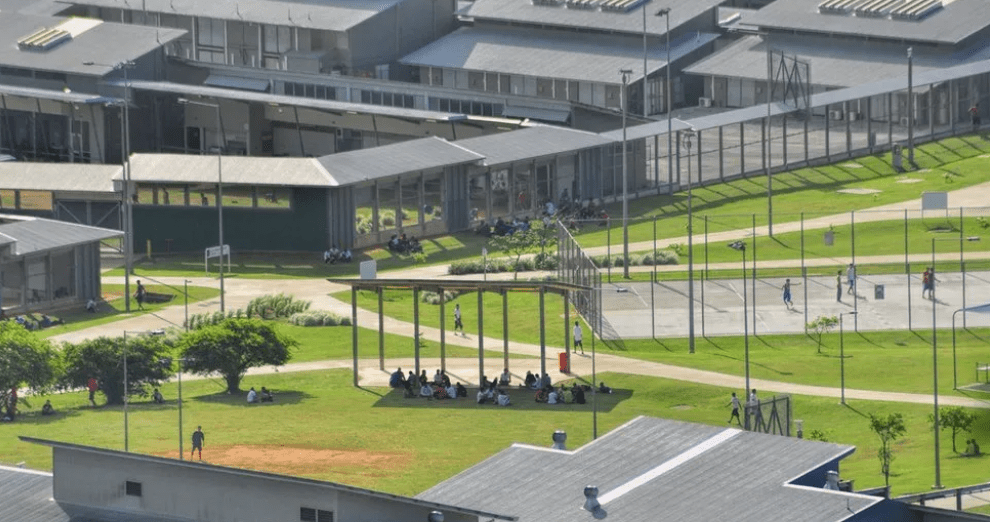Australians are collectively losing billions of dollars by remaining loyal to their existing utility providers.
Researchers at comparison website Finder recently analysed costs associated with electricity, mobile, and broadband services and uncovered a staggering $4.5 billion paid in loyalty tax by Australians last year, roughly an average of $331 per person.
Mariam Gabaji, a tech and utilities expert at Finder, expressed astonishment at how many individuals are missing out on potential savings.

“The soaring cost of living is forcing Aussies to fork out more money on almost everything – including energy, mobile, and broadband. These are all utilities you can’t do without. But that doesn’t mean you should be stuck paying more than you need to,” remarked Gabaji.
Finder’s comprehensive analysis further revealed that Australians are paying, on average, over $1.2 billion in loyalty tax for NBN, $1.1 billion for electricity, and $2.2 billion for mobile data.
Gabaji emphasised that many Australians could secure better deals by exploring alternative providers.
“Providers really want your business – for example, some energy companies are offering $150 in credit or up to 15,000 Qantas points. If you haven’t switched utility providers – be it electricity, internet, or phone – in the last 12 months, you’re probably paying too much.”
Highlighting the financial disconnect, a separate Finder survey uncovered that 14% of Australians, equivalent to 2.8 million people, admit to having no idea when a bill is due.
Additionally, 7% confessed to being ‘often surprised’ by bill due dates, while another 7% admitted actively avoiding knowledge of their upcoming bills.
Gabaji urged Australians to take control of their finances by proactively tracking their bills and understanding payment timelines.
“Call up lenders, utility companies, and any other providers you are a customer with and request a due date change so your bills line up with your payday. Then set up direct debits so the bills are paid on time and in full. The New Year is a great time to get in the driver’s seat of your money matters and implement some better financial habits,” Gabaji advised.

